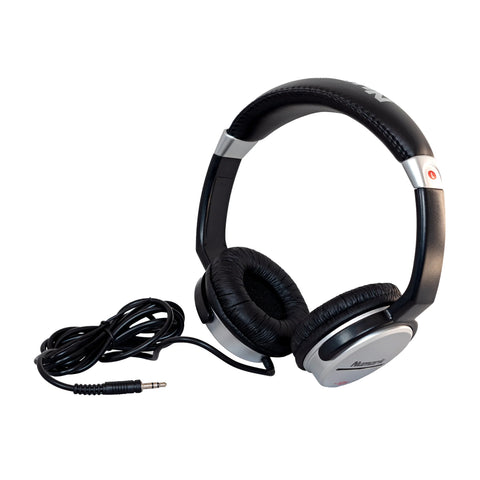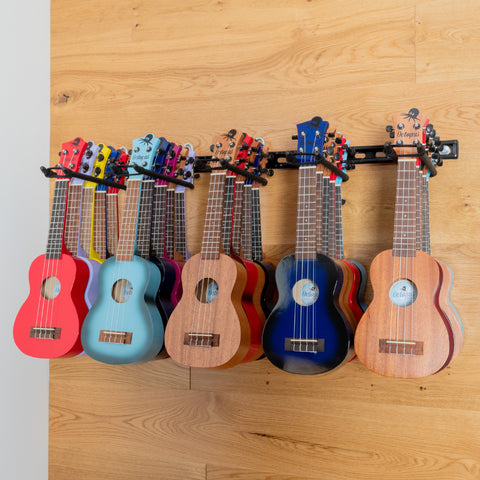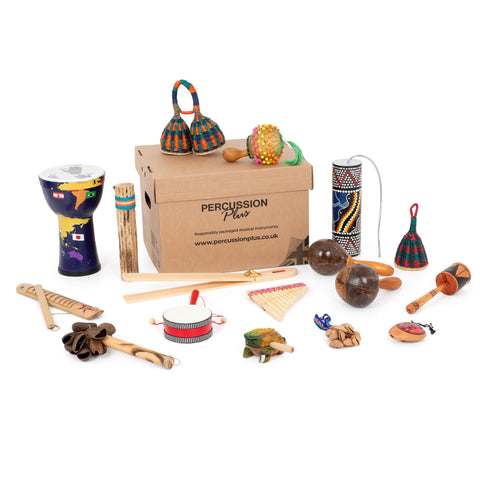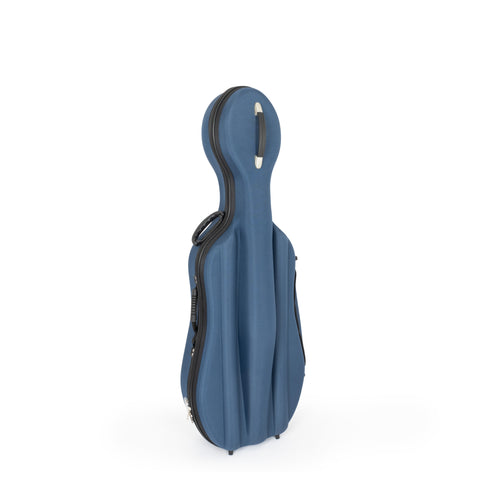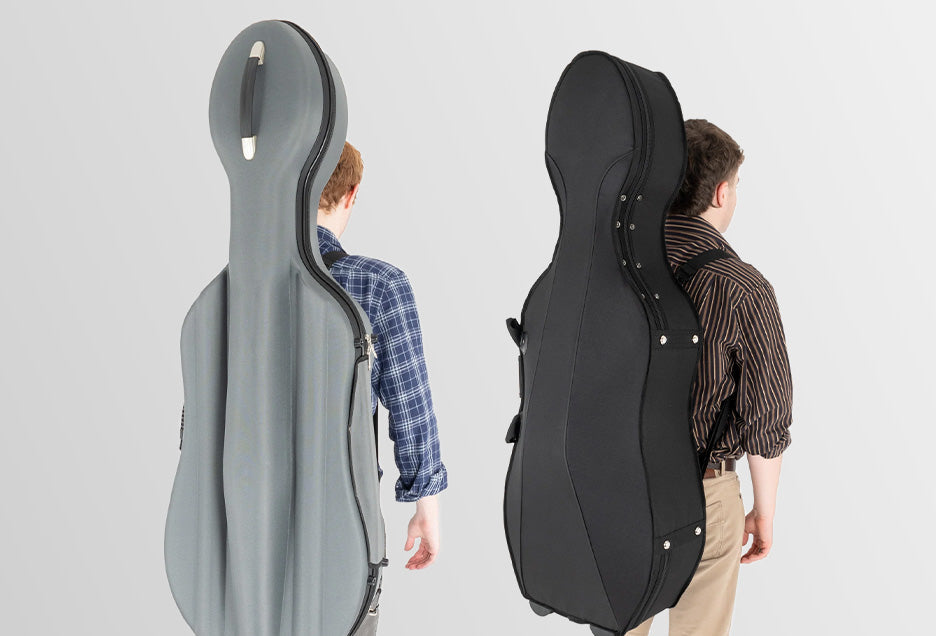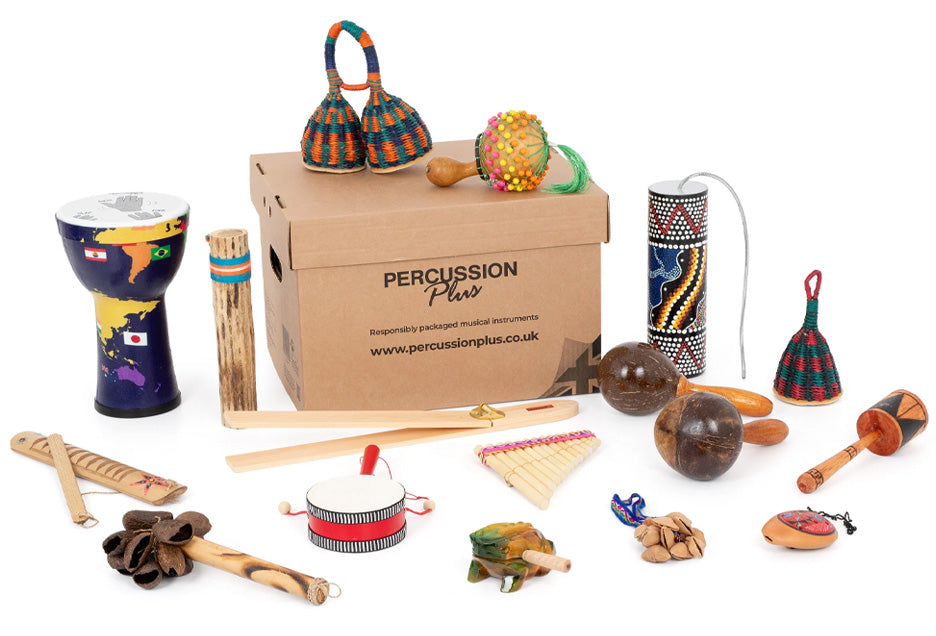Planning a Primary Music Curriculum can feel like a really daunting job. During their time at primary school, children grow and change so much and the curriculum that you plan needs to grow and change with them. Whether you are taking on a Music Co-Ordinator role as a non specialist, or you have some Music Education training and are reviewing your existing curriculum or writing one from scratch, we have some ideas for you to consider to help you along the way.
- Do some reading. Obviously the National Curriculum Statement for Music is a must read. If you are also responsible for EYFS music, then consider the new framework and associated resources. The non-statutory Model Music Curriculum may also provide some starting point, although be aware that much of the language in that document is quite specialist.
- Look at who will be teaching music and identify a scheme that you can follow. As a specialist, music schemes for Primary can be a minefield as there are so many to choose from! If you are confident with reading music, then look out for schemes that also provide sheet music for the songs as well as guide tracks. If you are not confident in leading musical activities without the support of an audio track, then try to get familiar with the songs before the lesson so that you can teach them to the children as well as sing along and learn together!
- Make singing a core part of every lesson. Your voice is an instrument that everyone has and is one of the most inclusive forms of music making. Don’t worry if you don’t enjoy singing, the children will! If you are not a confident singer then use a guide track to help you to pitch the notes and follow devised lesson plans within a scheme and the more you sing, the more confident you will feel.
- Try to plan lessons that include a variety of activities. Singing, moving, marking the pulse (by clapping in time) and playing musical instruments are the key components of a musical music lesson.
- Make sure that children have the chance to really hear all kinds of music. Establish ground rules that include if music is playing children listen and/or respond. Don’t allow talking while music is playing and apply this rule to when children are playing or singing as well.
- Look for some support. Plenty of organisations [Kolady, Orff, Phoenix Collective, Voices Foundation etc] offer online training and if you are in the UK you may find that your local music hub, secondary school or colleagues in local primary schools are willing to get together and pool ideas. International teachers can network via the MTIIS Network.
And finally, just aim to make music lessons fun for the teachers and the children. Review your curriculum regularly and don’t be afraid to do more of what works and review and change what doesn’t!

